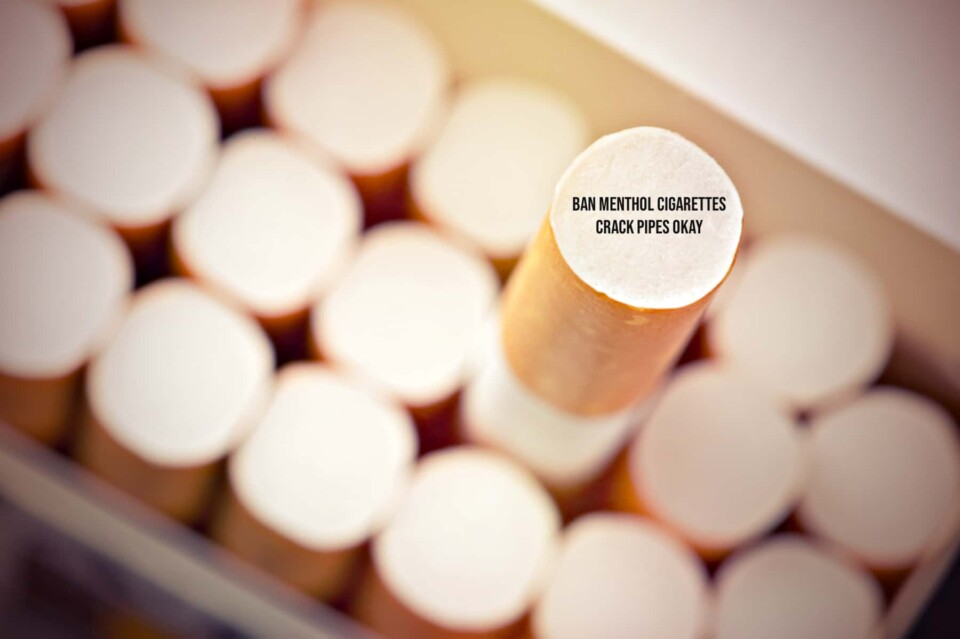resident Joe Biden’s Food and Drug Administration (FDA) is pushing to ban menthol cigarettes after it has pressed for safe crack pipe distribution and marijuana reform.
The FDA has pushed its long-awaited ban on menthol cigarettes, which some public health groups believe could help improve black communities and prevent young Americans from smoking cigarettes. Menthol cigarettes are viewed as more addictive than traditional cigarettes.
Tobacco companies have argued that there is no direct link between menthol cigarettes and starting smoking or even increased dependence on cigarettes. Black leaders, the American Civil Liberties Union (ACLU), and other similarly minded groups have voiced concerns that a menthol ban could lead to further policing of black communities.
While the Biden administration continues its nanny-state regulating of menthol-flavored cigarettes, it has made controversial moves to increase access to other drug paraphernalia and safe places to use illicit drugs.
In fiscal year 2022, the Department of Health and Human Services (HHS) began a $30 million grant program to provide funds to nonprofits and local governments to help make drug use safer for addicts. A spokesman for the agency told the Washington Free Beacon that grants would provide pipes for users to smoke crack cocaine, crystal methamphetamine, and “any illicit substance.”
A $5 million grant to New York University and Brown University funded an investigationinto if overdoses can be prevented by “safe injection sites” — or places where drug addicts can use heroin and other illegal drugs and can be revived if they use too much.
Biden has also moved to pardon those convicted of marijuana possession under federal law, urged governors to do the same, and moved to review how marijuana is scheduled under federal law.
Jeffrey Singer, a senior fellow at the libertarian-leaning CATO Institute, wrote Tuesday that the menthol tobacco ban would lead to a stronger black market in cigarettes:
In my comments, I stated that, according to the National Survey on Drug Use and Health, in 2020, 81 percent of Black and 51 percent of Hispanic smokers preferred menthol-flavored cigarettes. While the proposed rule is intended to reduce tobacco-related health outcome disparities in Black and Brown communities, a closer look at the data on menthol cigarettes, as well as the European Union’s experience with a menthol ban, suggest that the proposed product standard will not work, and will likely foster a black market. Perhaps even worse, the ban might further aggravate criminal justice inequities.

Please think about donating below.



